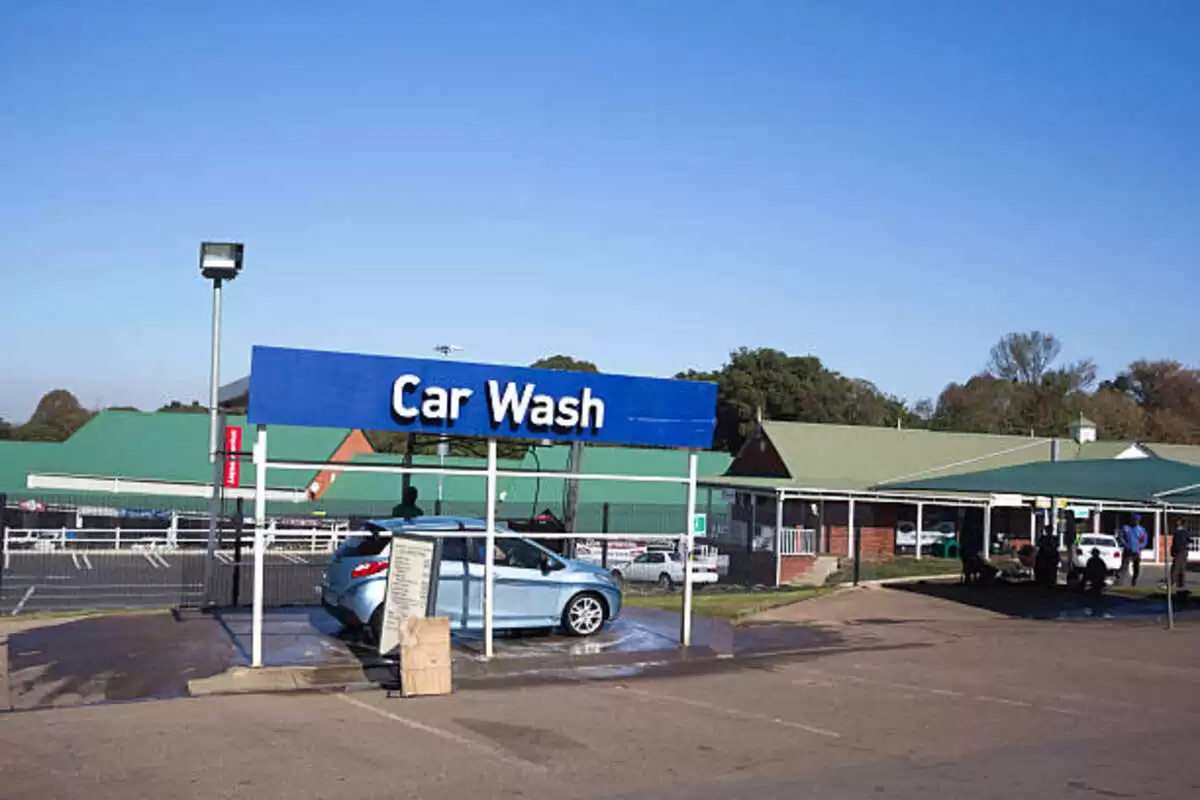The proposed policies “will support this objective and can complement continued efforts to enact a federal framework allowing AVs to scale and flourish in the U.S.,” she said.
AVs could provide significant benefits for society, including safer roadways, reduced traffic gridlock, greater access to mobility and improved air quality, according to the group’s policy agenda, but the technology also “may change aspects of certain occupations and may result in a reduction in the need for others over time.”
To ensure U.S. workers benefit, the group is recommending investments by Congress to support upskilling initiatives and training strategies as well as community partnerships to promote AV industry career entry points.
House lawmakers in February expressed concern over the potential for widespread job displacement brought on by the deployment of AVs, especially in the commercial sector.
U.S. Rep. Rodney Davis, R-Ill., said during a hearing that Congress needs to implement “pro-worker policies” that incorporate employee development and training programs to upskill the work force for jobs that AVs will create.
As of yet, there is no federal law regulating AVs.
Previous attempts by Congress to pass bipartisan legislation governing the technology have stalled, leaving developers and other stakeholders to navigate a patchwork of state and local laws.
The Partnership for Transportation Innovation and Opportunity “recognizes that AVs will bring changes to the way certain jobs are performed, requiring some workers to reskill for newly created jobs or secure new opportunities in adjacent sectors or occupations. But we have the opportunity and time to prepare,” Branson said.
“Forward thinking labor market and workforce system reforms, like those set forth in PTIO’s agenda, will lay the building blocks to empower Americans to secure increased opportunity alongside advancing technology.”





